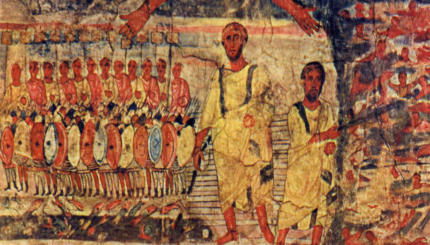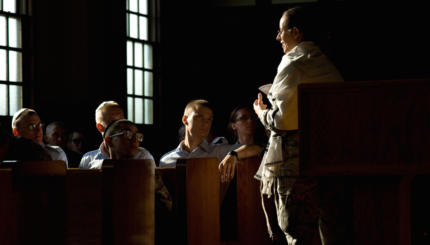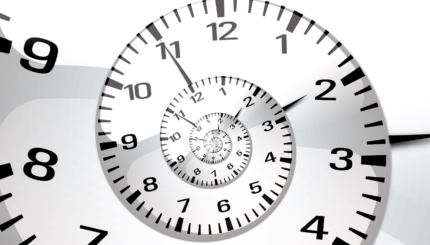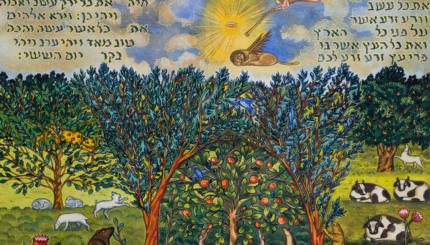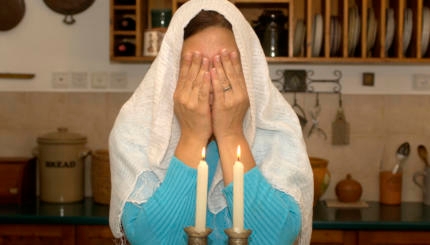Jewish Shabbat
Mystical Shabbat
The masters of Kabbalah explained all of the elements of the Sabbath rituals as a consistent thematic drama of the reunion of the Shekhinah the Sabbath bride, with her mate--and in so doing exerted considerable influence on the shape of those rituals.
The Rabbis’ Shabbat II: Enjoyment and Spiritual Fulfillment
The Rabbis used requirements and prohibitions to shape a Shabbat experience in which creative activity is set aside to make time for matters of the spirit. Second of two parts.
History and Development of Shabbat
The rabbis of antiquity deduced that all labors necessary for constructing a sanctuary and its appurtenances should serve as the blueprint for Shabbat prohibitions.
Shabbat as a Reminder of the Exodus
In connecting the two, the Torah makes Shabbat a symbol of compassion and humane treatment for those in need of liberation.
Jewish Law, Shabbat and the World to Come
The school of Shammai constructed its version of the Sabbath laws on the basis of the notion that Shabbat is a foretaste of life in the perfect world, yet to come.
Biblical Sources on Shabbat and the Perfected World
The Bible itself is the source of the notion that Shabbat is a foretaste of the perfected world that is yet to come.
Shabbat as Preview of the Perfected World
Rabbinic literature and medieval Kabbalah describe the day as a foretaste of life in the perfected "world to come" that traditional Judaism anticipates.
Shabbat as a Sanctuary in Time
The Sabbaths are our great cathedrals, the Jewish equivalent of sacred architecture.
Shabbat as a Reminder of Creation
Heschel draws out the implications of the idea that we rest in memory/imitation of God's primeval rest at the end of Creation.
Why Observe Shabbat?
Modern Jewish thinkers explore new dimensions of what Shabbat observance can mean.


